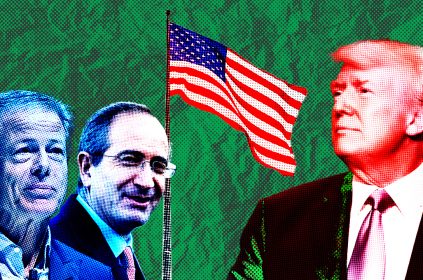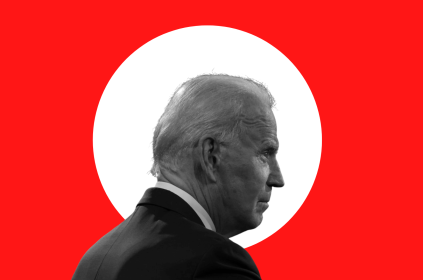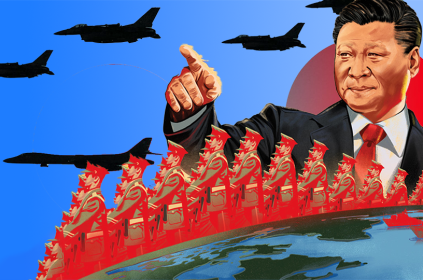TANZANIA, Tanzania — More than 70 nations voiced strong opposition Monday to what they consider threats to the International Criminal Court and decried sanctions on its top officials, issuing a statement that did not name any country but was clearly aimed at the U.S.
They declared that “any attempt to undermine the independence of the court should not be tolerated.”
U.S. Secretary of State Mike Pompeo announced Sept. 2 that the United States was imposing sanctions, including a freeze on assets held in the U.S. or subject to U.S. law, on ICC chief prosecutor Fatou Bensouda and the tribunal’s head of jurisdiction, Phakiso Mochochoko, over the court’s continuing investigation of war crimes allegations against Americans.
A joint statement from 71 parties to the Rome Statute that established the court to prosecute genocide, war crimes and crimes against humanity reiterated their commitment “to preserve the tribunal’s integrity and independence undeterred by any measures or threats against the Court, its officials and those co-operating with it.”
The statement, read by German Ambassador Christoph Heusgen at a U.N. General Assembly plenary meeting on the ICC, referred to the Sept. 2 statement by O-Gon Kwon, president of the court’s 123-nation Assembly of States Parties, in which he called the U.S. sanctions “unprecedented and unacceptable” and an affront to efforts to combat impunity for war crimes.
“The International Criminal Court embodies our collective commitment to fight impunity for the most serious crimes under international law,” the joint statement said. “By giving our full support to the court and promoting its universal membership, we defend the progress we have made together towards an international rules-based order, of which international justice is an indispensable pillar.”
Richard Dicker, international justice director for Human Rights Watch, said Monday’s statement “conveying staunch support for the ICC in the General Assembly marks a stark rebuttal of Washington’s unprecedented use of sanctions seeking to undermine the work of the ICC.”
The statement by ICC members from every region, “including nearly all of the U.S. government’s allies, says loud and clear to the U.S. administration: This is our court, back off,” Dicker said.
Among the signatories were Argentina, Australia, Canada, Chile, France, Italy, Japan, Mexico, Nigeria, South Korea, South Africa, Spain and the United Kingdom.
In March 2019, Pompeo ordered the revocation or denial of visas to Bensouda and ICC staff seeking to investigate allegations of war crimes and other abuses by U.S. forces in Afghanistan or elsewhere. He also said he might revoke the visas of those who seek action against Israel.
Prosecutors have been conducting a preliminary inquiry since 2015 in the Palestinian territories, including Israel’s settlement policy, crimes allegedly committed by both sides in the 2014 Gaza conflict, and Hamas rocket attacks aimed at Israeli civilians.
The court was created to hold accountable perpetrators of genocide, war crimes and crimes against humanity in cases where adequate national judicial systems are not available.
U.S. President Bill Clinton signed the Rome Statute, but his successor, George W. Bush, renounced the signature, citing fears that Americans would be unfairly prosecuted for political reasons. While the U.S. is not a member state, its citizens can be charged with crimes committed in countries that are members — and Afghanistan has been a member since May 2003.
Subsequent U.S. administrations have reiterated Bush’s stance, although some, including President Barack Obama’s, have agreed to limited co-operation with court. The Trump administration has been openly hostile to the tribunal.
At the General Assembly meeting, the ICC president, Judge Chile Eboe-Osuji, recalled how the seeds for the court were planted after World War II in the Nuremberg trials of Nazi leaders when the world said “never again!” The court came to fruition during what he called “a lucid moment in time” in the 1990s.
But Eboe-Osuji said: “We must not underestimate the enormity of the threats that the Court faces.”
He said it was disheartening that the U,N. Security Council has failed to refer conflicts other than Darfur and Libya to the ICC, noting the many conflicts today from Syria and Yemen to Myanmar and Mali.
Eboe-Osuji said the ICC also faces “the bellicose predisposition of some powerful global actors that rail against the court — even threatening to destroy it — as they perceive it to be inimical to their political interests and aspirations.”
“Ironically, the attacks against the ICC by powerful nations are also an emblematic demonstration of the court’s value for humanity,” he said, adding that they show the court is making a difference and why its “hope for accountability” must be preserved.
Edith M. Lederer, The Associated Press















